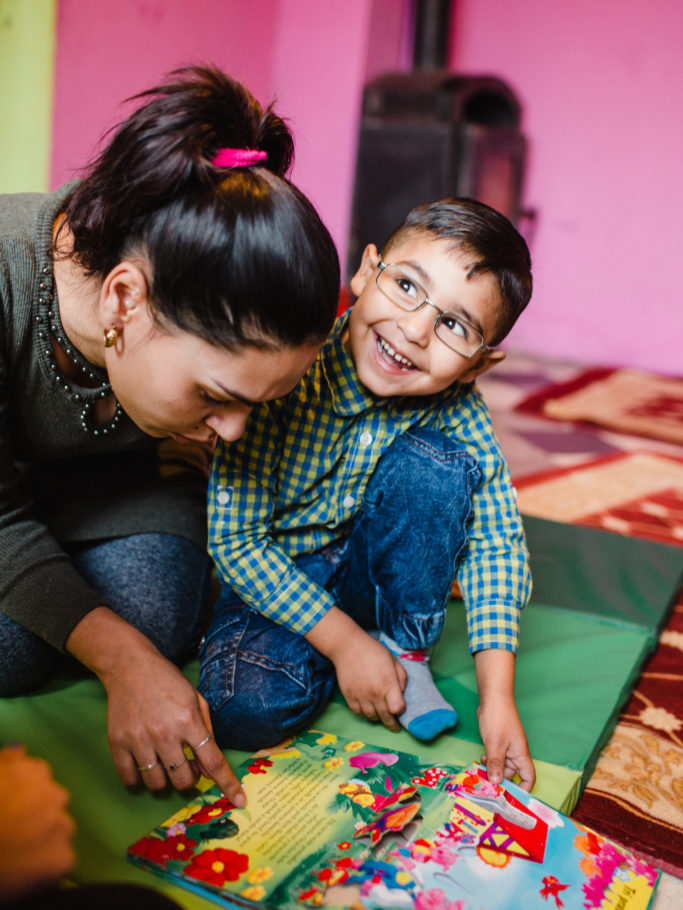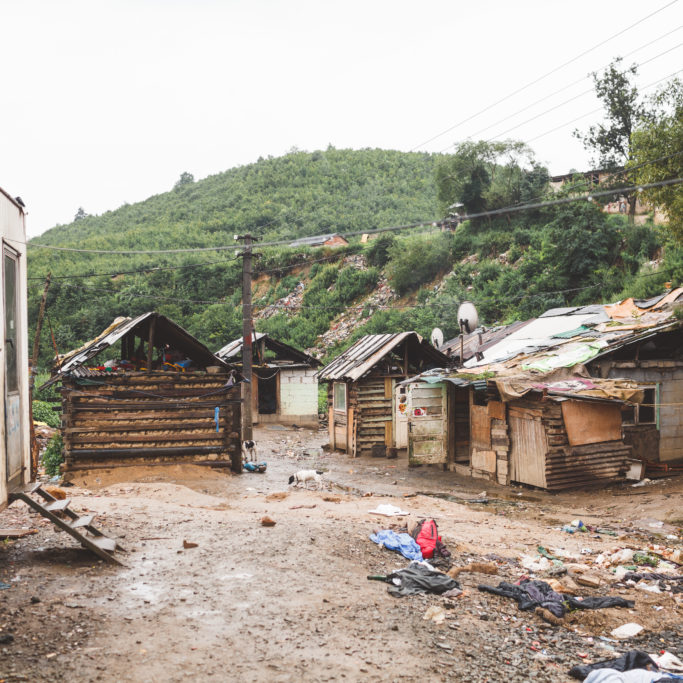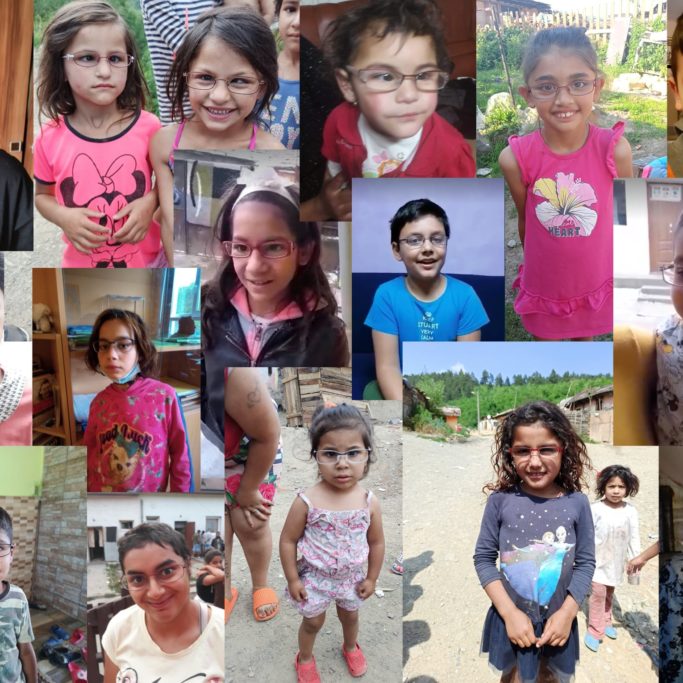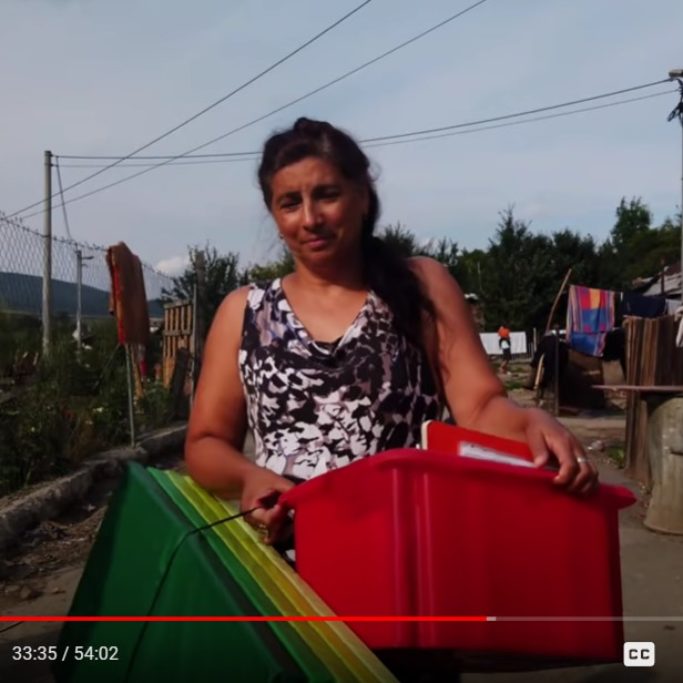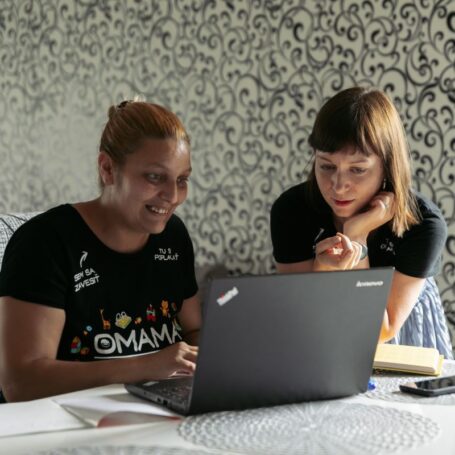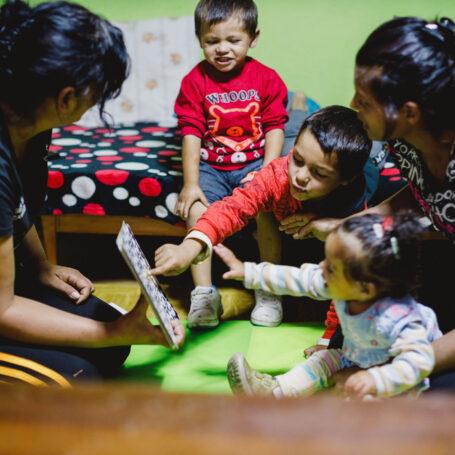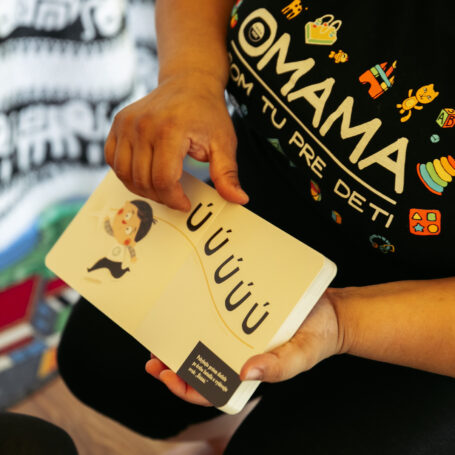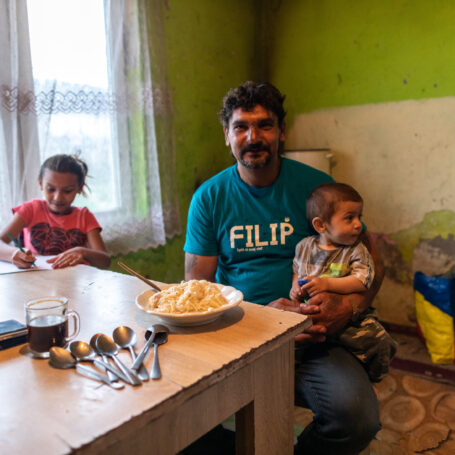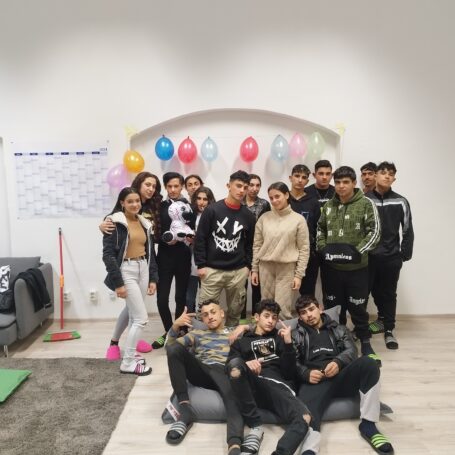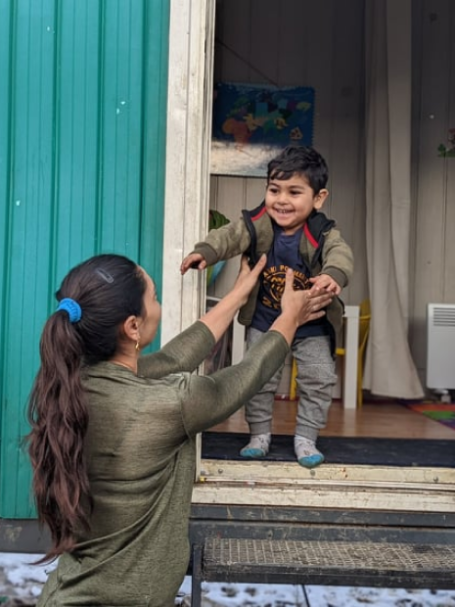
The impact of the Omama program |
In 2022, we completed a pilot study with the University of Oxford. Using the INTER-NDA method, we assessed the neurodevelopment of 2-year-olds in the areas of cognition, speech, fine and gross motor skills, and social behavior. We compared children from the Omama program with children from excluded communities who received no intervention, and with children from the majority population. Overall, 251 children were involved in the study. We continue to use the methodology for ongoing evaluation of the neurodevelopment of ‘Omama’ children, in order to track their progress.
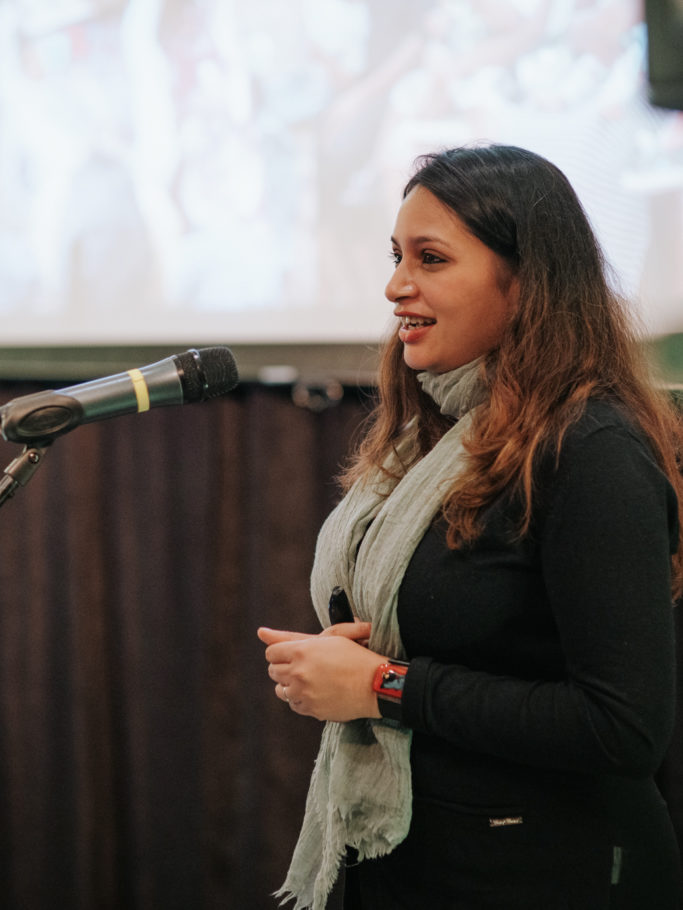
The return on investment is highest during the early years of life
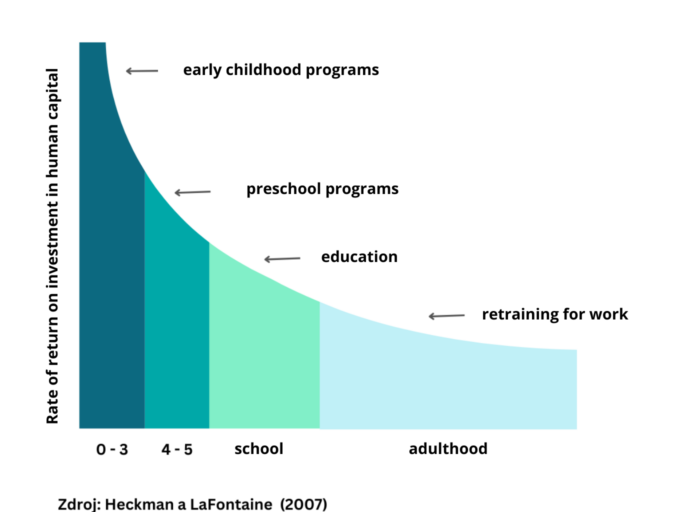
Numerous studies prove that investing in the development of young children offers the highest return for society. Fostering early development in children multiplies their chances of success in education and employment later in life. Instead of relying on social support, a person can become a successful, fully integrated member of society, contributing to the community, and paying taxes.
Our mission is to secure support for each child born into poverty
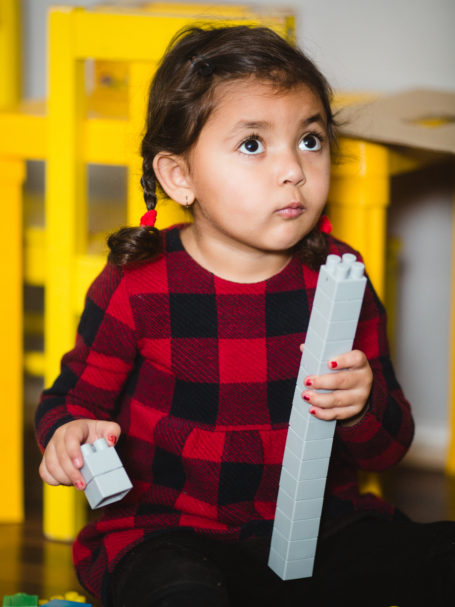
Despite its high return, systematic early childhood care and intervention are available only in a limited scope in Slovakia, and only for children with disabilities. At Cesta von, we are committed to promote change on a national level. We are part of working groups operating within various ministries. The Omama program was mentioned in the Recovery and Resilience Plan. The proposed changes should strengthen the inclusion of children with social and health disadvantages in early childhood education. The Recovery and Resilience Plan also includes financial support.
In June 2022, the Government of the Slovak Republic approved the National Strategy for the Development of Coordinated Early Intervention and Early Care Services for the years 2022-2030. A new support system for early childhood development and education in excluded communities is forming, and we will definitely be part of it in the coming years.
Impact on the omamas:
-
three to four one-hour home visits provided daily, eighteen lessons provided weekly
-
one monthly parenting club
-
one more woman with developed skills and work habits
Impact on the community:
-
eighteen to fifty families with young children receive early support and care
-
children are better equipped to succeed in preschool and school
-
parents are more actively involved in the education of their children and earn greater confidence in their abilities
Long-term impact:
-
improved school performance among children from generational poverty
-
higher employability/employment/incomes
